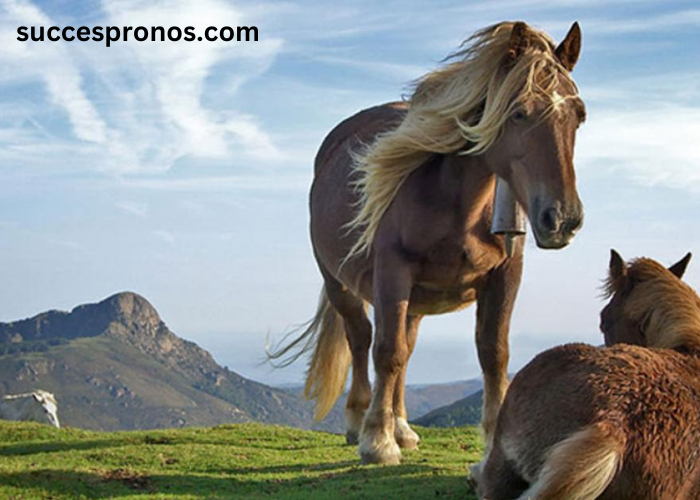
From the wild expanses of the steppes to the stately parades of modern cities, horses have left an indelible mark on human culture and society. Their influence extends far beyond their roles as beasts of burden or sports competitors. Horses have shaped legends, inspired art, and transformed the fabric of human civilization. Their hoofprints trace a path through history that reveals much about our own evolution. Discover CasaCourses, your premier destination for comprehensive online courses. Enhance your skills and knowledge with expert-led training tailored for success.
A Symbol of Power and Prestige
Throughout history, horses have been emblematic of power and status. In ancient civilizations, they were more than mere animals; they were symbols of royalty and authority. The chariot, for instance, revolutionized warfare and transportation in ancient Egypt, Mesopotamia, and China. Egyptian pharaohs were often depicted riding magnificent horses in elaborate chariots, underscoring their divine right to rule. In Roman culture, horses were associated with prestige, with the finest steeds often reserved for senators and emperors.
During the medieval period, horses played a crucial role in feudal societies. Knights, clad in armor and mounted on warhorses, were the epitome of chivalry and martial prowess. The grandeur of jousting tournaments and the sight of horses adorned with ornate barding illustrated their importance not just in battle but in social and ceremonial contexts.
The Horse in Myth and Legend
Horses have also trotted through the annals of myth and legend, where they often embody various traits such as strength, grace, and mystical power. In Greek mythology, the winged horse Pegasus sprang from the blood of Medusa, symbolizing poetic inspiration and divine beauty. Norse mythology features Sleipnir, Odin’s eight-legged steed, who bridged the gap between the gods and the mortal world.
In Native American cultures, horses were revered as sacred beings. They were seen as spiritual guides and symbols of freedom. The horse’s arrival in the Americas, following its introduction by Spanish explorers, transformed the lives of many indigenous tribes, profoundly altering their hunting practices and mobility.
Economic and Agricultural Transformations
Horses have been integral to the development of agriculture and commerce. The introduction of the horse collar in medieval Europe significantly enhanced agricultural productivity by allowing horses to pull plows and carts more efficiently than oxen. This innovation not only boosted crop yields but also contributed to the rise of market economies and urbanization.
In the 19th century, horses played a pivotal role in the expansion of the American West. They were essential for travel, trade, and communication, from the Pony Express delivering mail across vast distances to the use of horses in ranching and farming. The horse’s ability to navigate rough terrains made it an invaluable asset in exploring and settling new frontiers.
Horses in Modern Culture
The cultural significance of horses endures in contemporary society. In the realm of sports, equestrian events such as show jumping, dressage, and polo continue to captivate audiences worldwide. These disciplines not only showcase the physical prowess and training of horses but also highlight the deep bond between rider and steed.
In popular culture, horses have been immortalized in literature, film, and television. Classics like Anna Sewell’s “Black Beauty” and the cinematic portrayals in “Seabiscuit” and “War Horse” reflect the emotional and moral connections people have with horses. These stories emphasize the horse’s role as a companion, hero, and symbol of hope.
Equestrian events and festivals around the globe celebrate the horse’s enduring legacy. Events such as the Kentucky Derby, the Royal Ascot, and the Spanish Riding School’s performances draw crowds that marvel at the horse’s elegance and skill. These celebrations not only honor the horse’s historical contributions but also reaffirm its place in modern culture.
Conclusion
The role of horses in human culture and society is a rich tapestry woven with threads of power, legend, and transformation. From their historical significance in warfare and agriculture to their enduring presence in art and popular culture, horses have left an indelible mark on the world. Their hoofprints, whether in the soil of ancient battlefields or the soft turf of racetracks, tell a story of a deep and lasting bond between humans and these magnificent creatures. As we look to the future, the legacy of horses will continue to inspire and enrich our lives, reminding us of the profound connection that has shaped our history and culture.